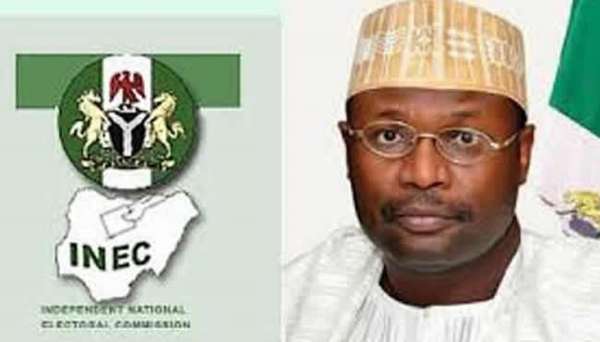The budget for the 2023 general elections may exceed N350bn as against the N242bn budgeted for the 2019 elections, IgbereTV reports.

This, according to findings by reports, is due to inflation, currency devaluation, insecurity, cost of monitoring the direct primary made mandatory in the Electoral Act amendment Bill 2021 and procurement of new technology, like the newly introduced Bimodal Voter Accreditation System used for the Anambra State governorship election.
While the Independent National Electoral Commission earmarked N189.2bn for the 2019 elections, the Nigeria Police Force got N30.5bn; the Office of the National Security Adviser, N4.2bn; the Department of State Services, N12.2bn; the Nigeria Security and Civil Defence Corps got N3.5bn and the Nigeria Immigration Service received N2.6bn. This brought the total budget to N242.2bn.
According to INEC’s 2019 Election Project Plan obtained by our correspondent, the commission budgeted about $7.7 per Nigerian in the last election which had over 80 million registered voters and the exchange rate was N305/$1.
Explaining the reason for the large 2019 budget, the document read in part, “This increase is due to a number of factors including the introduction of new innovations and activities to enhance the credibility of elections, increased number of registered voters, increased number of political parties, replacement of damaged and/or destroyed and unserviceable electoral materials as well as cost for the Federal Capital Territory Area Council elections.
“The increase in the 2019 election cost is also attributable to the depreciating exchange rate of the naira and rising inflation. On a projected population of 80 million registered voters, the estimated average cost per voter is $7.7 for the 2019 general elections (N189,207,544,893.13/305 = $620,352,606.20/80,000,000).”
According to INEC’s latest projection, the number of registered voters is expected to hit 100 million by the next general elections. Also, the naira has since been devalued to about N410/$1, a difference of N105 from the amount it exchanged for in 2019. Our correspondent learnt that this could increase INEC’s budget to $777m or N315.7bn.
Apart from the exchange rate, the current inflation rate is also higher than in 2019. While it was 11.4 per cent in 2019, the current inflation rate is about 16 per cent.
In addition, INEC is expected to procure tens of thousands of BVAS machines for the 2023 general elections as it said in February 2019 that it reconfigured about 180,000 card readers for the presidential and National Assembly elections across the country.
INEC National Commissioner and Chairman, Information and Voter Education Committee, Festus Okoye, pointed out in the run-up to the Anambra State governorship election that BVAS would more or less replace the card readers in future elections.
He explained that BVAS was a three-in-one process that allowed the use of one machine for the purposes of voter registration, accreditation (fingerprint and facial authentication) and uploading of polling unit results to the Result-Viewing Portal, known as IReV.
The procurement of this technology is of great importance to the commission because it would likely adopt electronic transmission of results, both for transparency and collation, in 2023 if the amendment passed by the National Assembly is assented to by the President, Major General Muhammadu Buhari (retd.).







